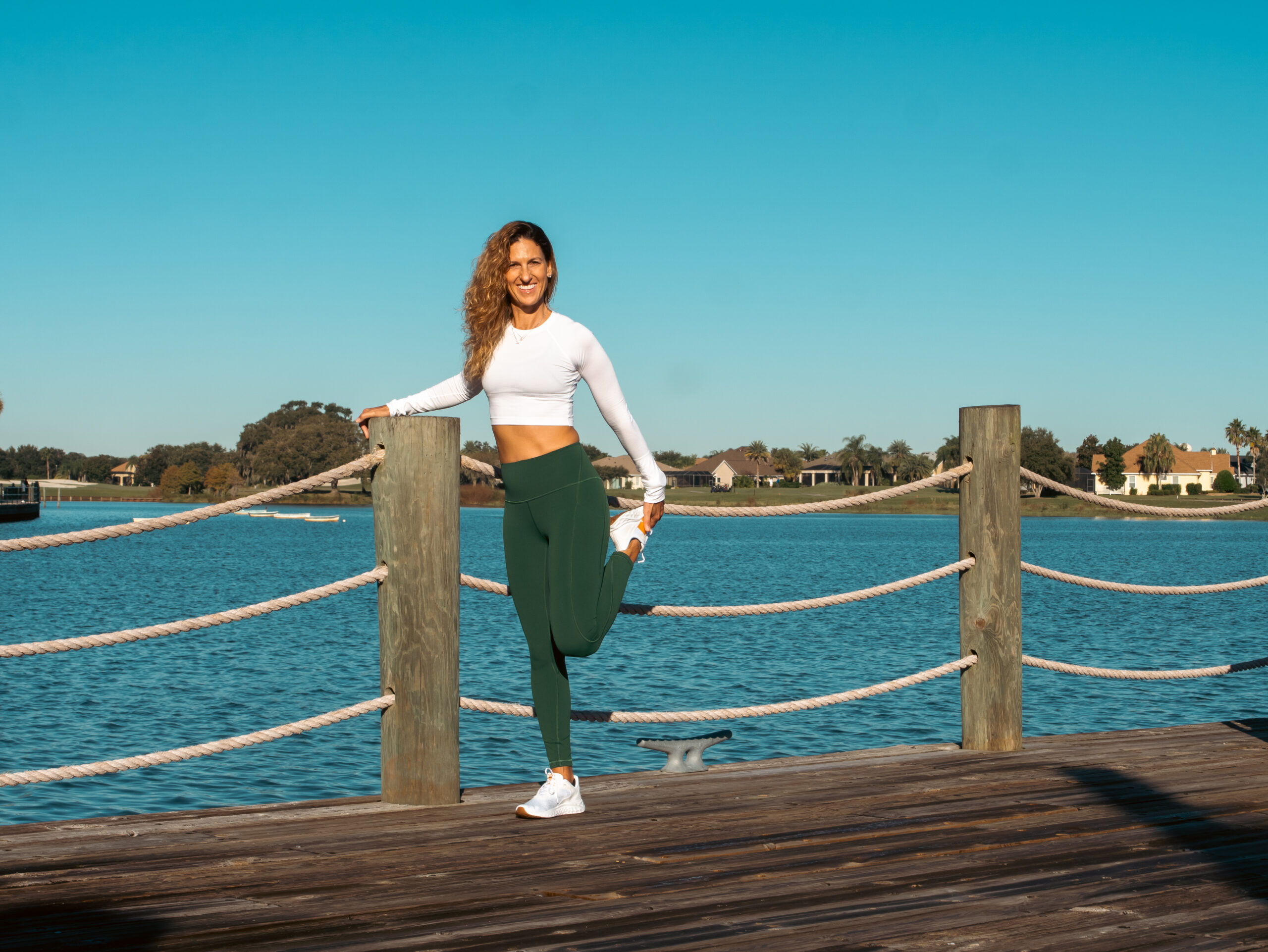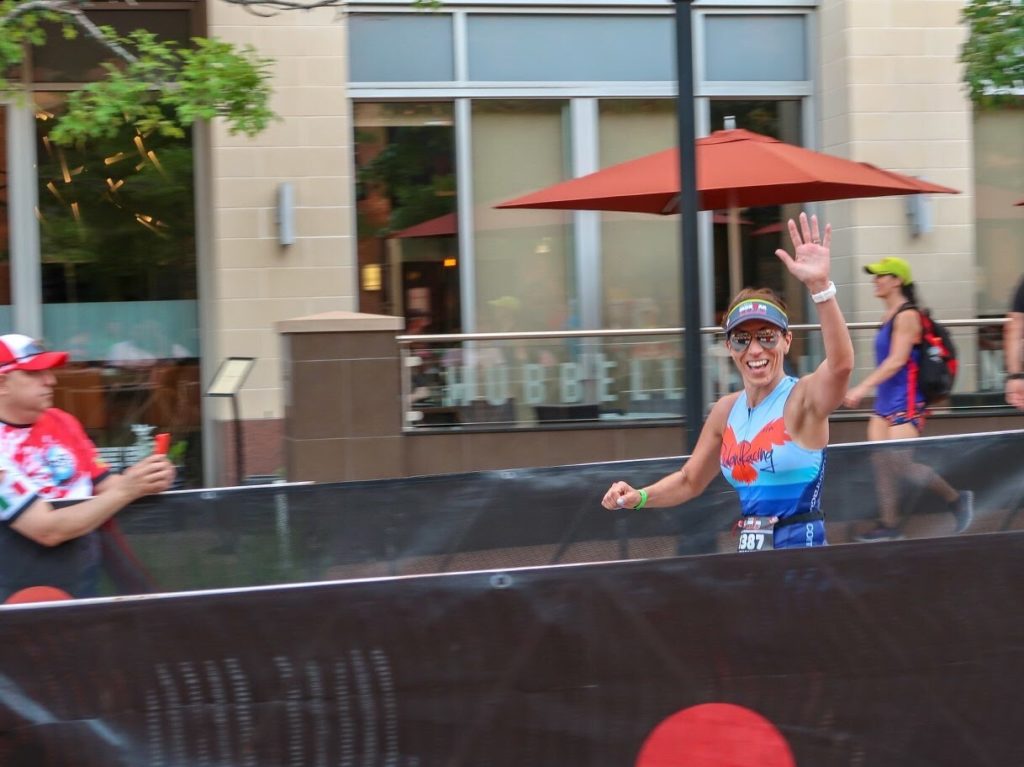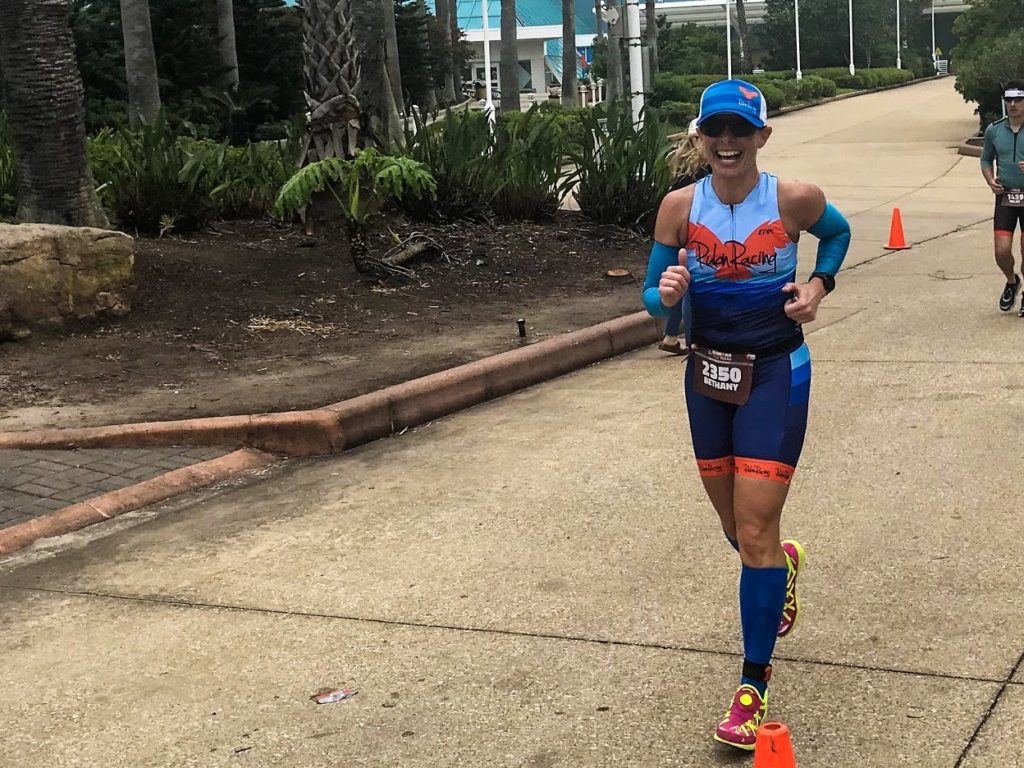
As we enter the Season of Improvement, triathletes explore various activities to enhance performance—mountain biking, strength training, yoga, and even running marathons. But should running a marathon be part of your Ironman preparation?
Here’s a conversation I’ve often had with athletes:
Athlete: “I’m going to run a marathon before my Ironman.”
Coach: “Why?”
Athlete: “I want to test my speed and see if I can handle the distance.”
Coach: “Do you think you’ll match that standalone marathon time during your Ironman? Remember, you’ll have already swum 2.4 miles and biked 112 miles. Even elite athletes like Christian Bustos couldn’t replicate a marathon PB in an Ironman.”
Athlete: “I feel like I need to do it for confidence.”
Coach: “I understand, but let me explain why I strongly recommend not running a marathon before your Ironman.”
That coach is me. Here’s why I advise against it:

A marathon takes a significant toll on your body, requiring 4-6 weeks to recover. During this time, your muscles, tendons, ligaments, and immune system are in repair mode.
Scientific studies show that marathons cause inflammation, muscle damage, and even conditions like rhabdomyolysis (rapid muscle breakdown). You may also notice your immune system taking a hit—ever gotten sick after a big race?
Marathon training is hard on the body, especially the joints and connective tissues. While swimming and cycling distribute load, running is an impact-heavy sport. The constant pounding increases the risk of overuse injuries like stress fractures, tendinitis, and plantar fasciitis.
Focusing on marathon prep also skews your training balance, often reducing swim and bike sessions—key components of triathlon training.
Let’s say your Ironman is in May, and you run a marathon in December. After four weeks of recovery, it’s already January, when your Ironman base training should ramp up. Instead, you’re fatigued, unmotivated, and missing critical swim and bike workouts.
Ironman training demands consistency across all three disciplines. Losing momentum or focus on the bike—a significant portion of the race—sets you back.

Running a standalone marathon is entirely different from the Ironman marathon, which follows a 2.4-mile swim and a 112-mile bike ride. In an Ironman, your goal is not speed but survival and efficient pacing.
Timothy Noakes’s Lore of Running highlights this principle: racing or doing a “time trial” during training negatively impacts your main event. He recommends spreading events by at least two months to ensure proper recovery.
For context, consider Christian Bustos, an elite triathlete who ran a 2:16 marathon. At Ironman Kona 1992, after swimming and biking, he managed a 2:49 marathon—a great performance but far from his standalone pace.
The off-season is an opportunity to build strength, refine technique, and recharge mentally. Here’s how:
New Ironman athletes often want to run a marathon for the mental boost—proving to themselves they can do it. While understandable, there are better ways to prepare without compromising your Ironman training.
Instead, embrace your off-season as a chance to recharge and focus on quality over quantity. Enjoy life, mix up your routine, and get ready to dive into Ironman training come January.
Your Ironman journey is about smart preparation, not unnecessary wear and tear. Trust the process—you’ve got this!

Looking for guidance in your Ironman training? Explore my blog for strength training tips, mobility routines, and more.
YES, I still coach triathletes. Are you ready for personalized coaching? Let’s connect and craft a plan that works for you. 💪 Fill out the application HERE!